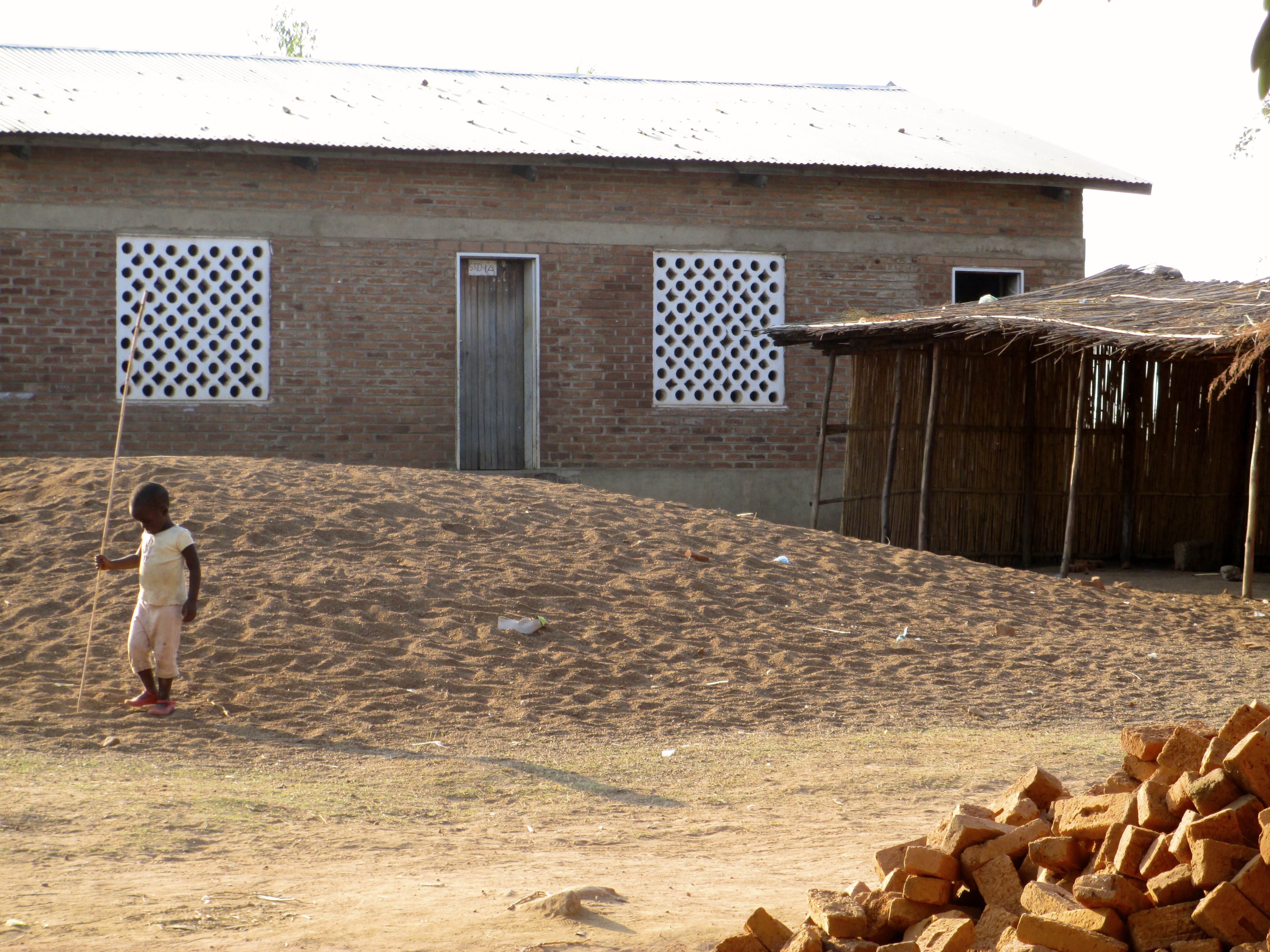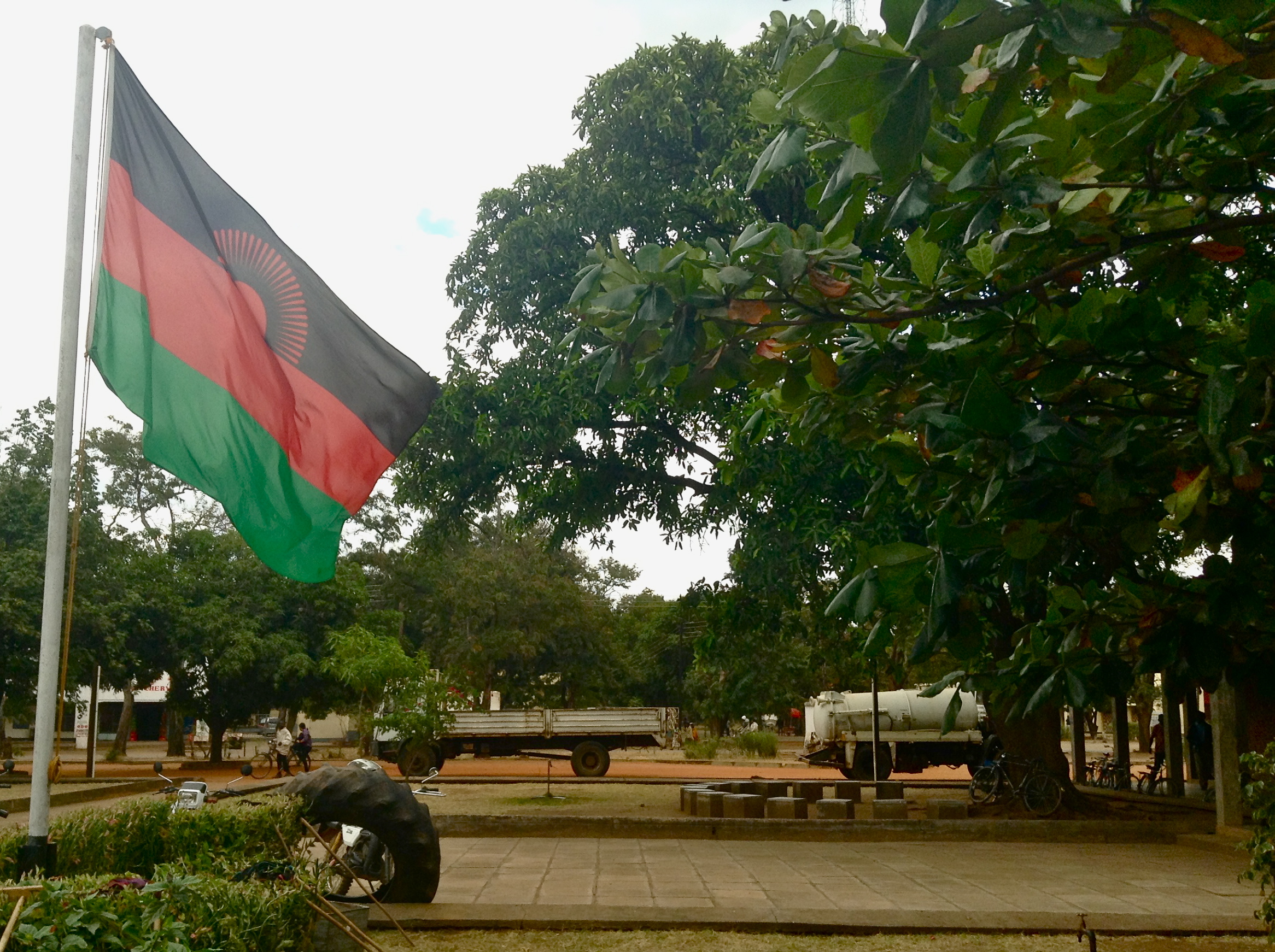
Around half of Malawi's population live below the national poverty line. For the country's poorest this means making daily choices about which basic needs fit into their budget. The country as a whole is caught in a web of poverty problems – bad health outcomes, an overburdened education system, and serious cracks in the infrastructure. Cash transfers are one tool for tackling these seemingly insurmountable programs on multiple fronts.
A flurry of interest in cash transfers from outside donors and local policymakers has resulted in the expansion of these types of programs across sub-Saharan Africa. In 2006 the Malawi government initiated its own Social Cash Transfer program to give support to the most vulnerable – those deemed ultra-poor and labor-constrained. As this national program is steadily rolling out across the country, a mixture of NGOs and government ministries are designing and implementing additional cash transfers. The result is a kind of patchwork social safety net.
The hope is that small cash infusions will lift people out of poverty and slowly address some of Malawi's systemic challenges. For development experts and policymakers the appeal of these programs is the simplicity of putting money directly into the hands of the people who need it. For the recipients of the cash transfers they offer a tantalizing promise of financial stability. Whether these programs deliver on these promises remains to be seen. This project will examine various cash transfer programs, including a pilot program in its infancy and one that has been around for several years.
Kerstin Egenhofer is a 2013 student fellow from Boston University's School of Public Health.
-
×
 English
English







